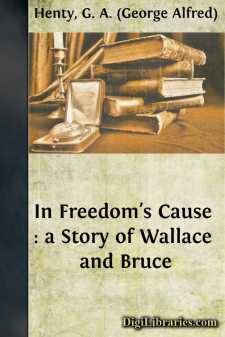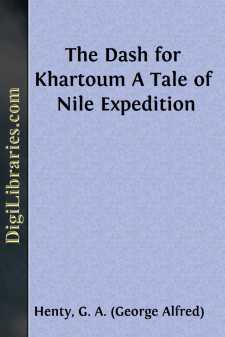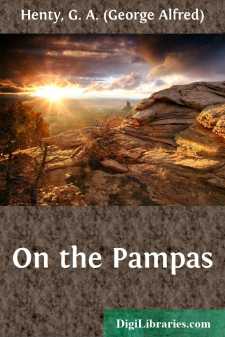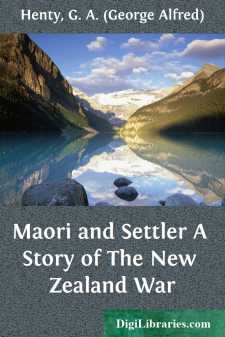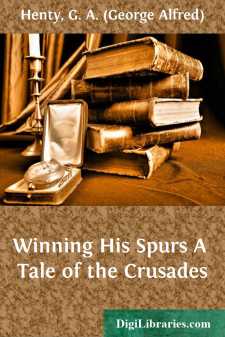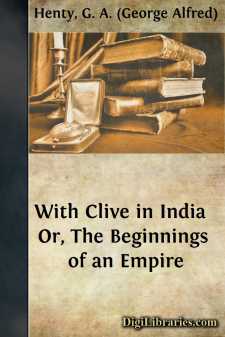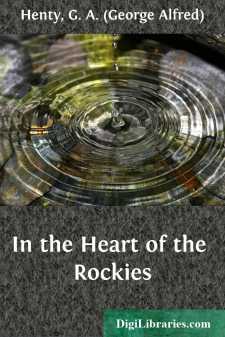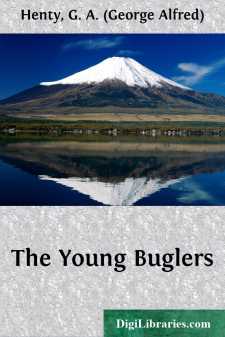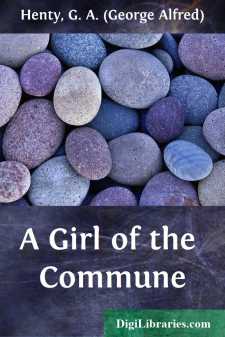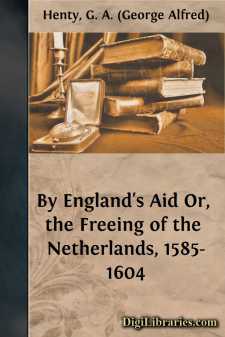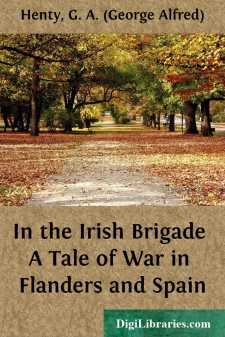Categories
- Antiques & Collectibles 13
- Architecture 36
- Art 48
- Bibles 22
- Biography & Autobiography 813
- Body, Mind & Spirit 142
- Business & Economics 28
- Children's Books 14
- Children's Fiction 11
- Computers 4
- Cooking 94
- Crafts & Hobbies 4
- Drama 346
- Education 46
- Family & Relationships 57
- Fiction 11829
- Games 19
- Gardening 17
- Health & Fitness 34
- History 1377
- House & Home 1
- Humor 147
- Juvenile Fiction 1873
- Juvenile Nonfiction 202
- Language Arts & Disciplines 88
- Law 16
- Literary Collections 686
- Literary Criticism 179
- Mathematics 13
- Medical 41
- Music 40
- Nature 179
- Non-Classifiable 1768
- Performing Arts 7
- Periodicals 1453
- Philosophy 64
- Photography 2
- Poetry 896
- Political Science 203
- Psychology 42
- Reference 154
- Religion 513
- Science 126
- Self-Help 84
- Social Science 81
- Sports & Recreation 34
- Study Aids 3
- Technology & Engineering 59
- Transportation 23
- Travel 463
- True Crime 29
In Freedom's Cause : a Story of Wallace and Bruce
Categories:
Description:
Excerpt
Chapter I
The village of Glen Cairn was situated in a valley in the broken country lying to the west of the Pentland Hills, some fifteen miles north of the town of Lanark, and the country around it was wild and picturesque. The villagers for the most part knew little of the world beyond their own valley, although a few had occasionally paid visits to Glasgow, which lay as far to the west as Lanark was distant to the south. On a spur jutting out from the side of the hill stood Glen Cairn Castle, whose master the villagers had for generations regarded as their lord.
The glory of the little fortalice had now departed. Sir William Forbes had been killed on his own hearthstone, and the castle had been sacked in a raid by the Kerrs, whose hold lay to the southwest, and who had long been at feud with the Forbeses. The royal power was feeble, and the Kerrs had many friends, and were accordingly granted the lands they had seized; only it was specified that Dame Forbes, the widow of Sir William, should be allowed to reside in the fortalice free from all let or hindrance, so long as she meddled not, nor sought to stir up enmity among the late vassals of her lord against their new masters.
The castle, although a small one, was strongly situated. The spur of the hill ran some 200 yards into the valley, rising sharply some 30 or 40 feet above it. The little river which meandered down the valley swept completely round the foot of the spur, forming a natural moat to it, and had in some time past been dammed back, so that, whereas in other parts it ran brightly over a pebbly bottom, here it was deep and still. The fortalice itself stood at the extremity of the spur, and a strong wall with a fortified gateway extended across the other end of the neck, touching the water on both sides. From the gateway extended two walls inclosing a road straight to the gateway of the hold itself, and between these walls and the water every level foot of ground was cultivated; this garden was now the sole remains of the lands of the Forbeses.
It was a narrow patrimony for Archie, the only son of Dame Forbes, and his lady mother had hard work to keep up a respectable state, and to make ends meet. Sandy Grahame, who had fought under her husband's banner and was now her sole retainer, made the most of the garden patches. Here he grew vegetables on the best bits of ground and oats on the remainder; these, crushed between flat stones, furnished a coarse bread. From the stream an abundance of fish could always be obtained, and the traps and nets therefore furnished a meal when all else failed. In the stream, too, swam a score and more of ducks, while as many chickens walked about the castle yard, or scratched for insects among the vegetables. A dozen goats browsed on the hillside, for this was common ground to the village, and Dame Forbes had not therefore to ask for leave from her enemies, the Kerrs. The goats furnished milk and cheese, which was deftly made by Elspie, Sandy's wife, who did all the work indoors, as her husband did without....


